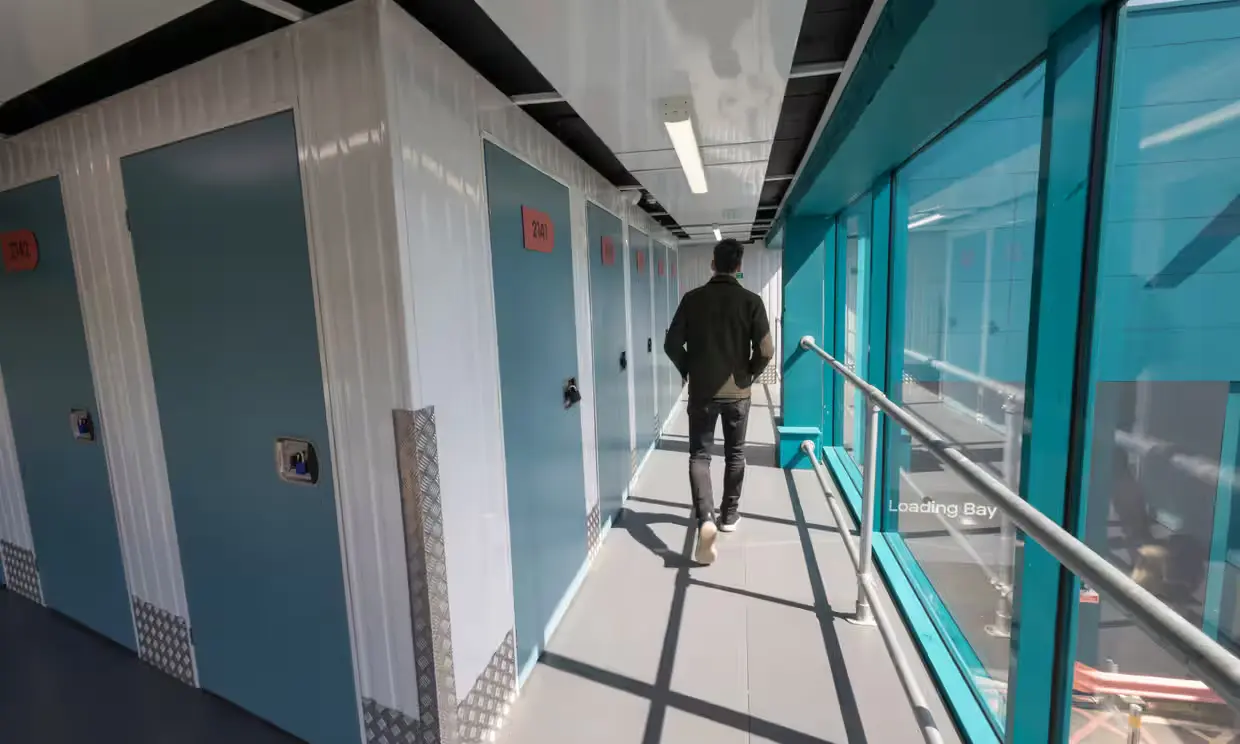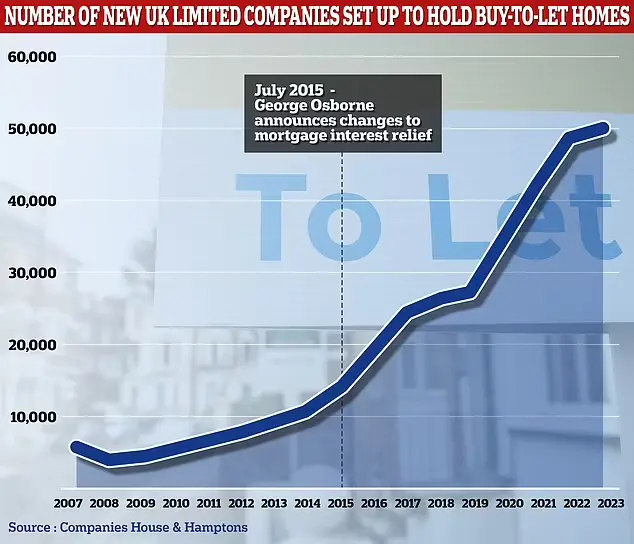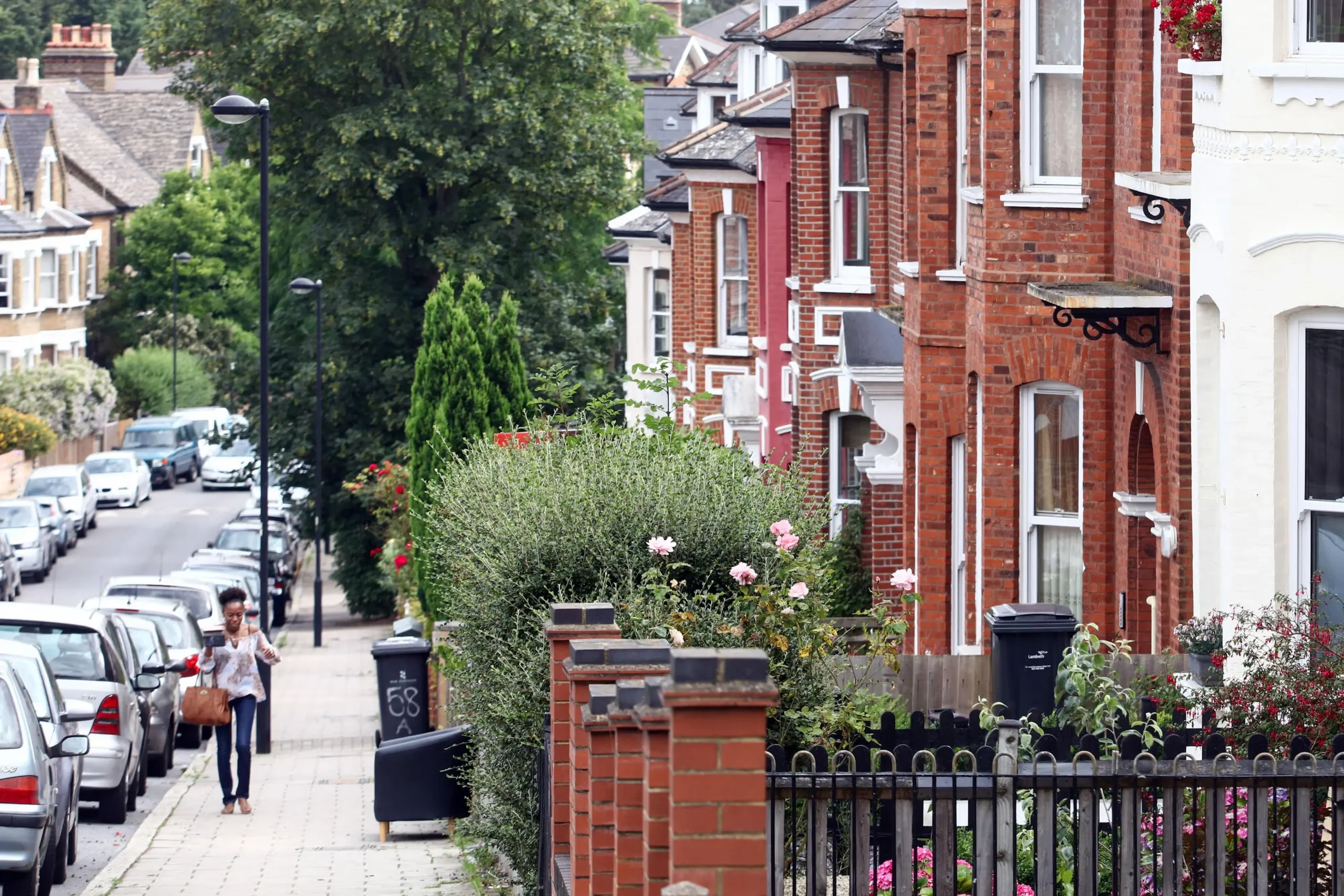
A top executive at Legal and General Investment Management (LGIM) has called for fewer buy-to-let landlords in Britain.
Global head of real assets at L&G, Bill Hughes, has lambasted what he describes as “unscrupulous” landlords, accusing many of providing poor quality housing and services for tenants.
Hughes, who is leading L&G’s charge into the build-to-rent sector, said the firm envisions a future where traditional landlords are replaced by purpose-built rental properties overseen by institutions.
According to Hughes, institutional investment will elevate rental standards and boost the economy.
He said: “You have got owners of rental property who are not managing them well. Unscrupulous landlords who are taking people’s deposits and giving them a bad experience.
“We’re here to reset standards of quality that renters should expect. That’s one of the things that institutional capital can do.
“You’re there at scale and very long-term and you know that your reputation matters so you’re not going to run the risk with it,” Hughes told The Telegraph.
Over the past eight years, L&G has invested £3bn to develop a portfolio of 10,000 build-to-rent homes, with 5,000 already occupied.
The number of build-to-rent properties has ballooned from 7,200 in 2015 to over 90,000 today, with another 90,000 units in the pipeline according to real estate company JLL.
But changes to stamp duty and tax relief for buy-to-let mortgages have strained landlords’ profitability, leading to a wave of property sales and driving up rental prices.
Original Post from uk.finance.yahoo.com
Despite the calls for change, Chris Norris, policy director of the National Residential Landlords Association, argued there is a need for both build-to-rent and traditional buy-to-let models.
He said: “At a time when demand is far outstripping supply, we need more homes of all types. Whilst some of the demand for new rental properties will be met through build-to-rent schemes, it is not a panacea and should co-exist alongside buy-to-let.”














